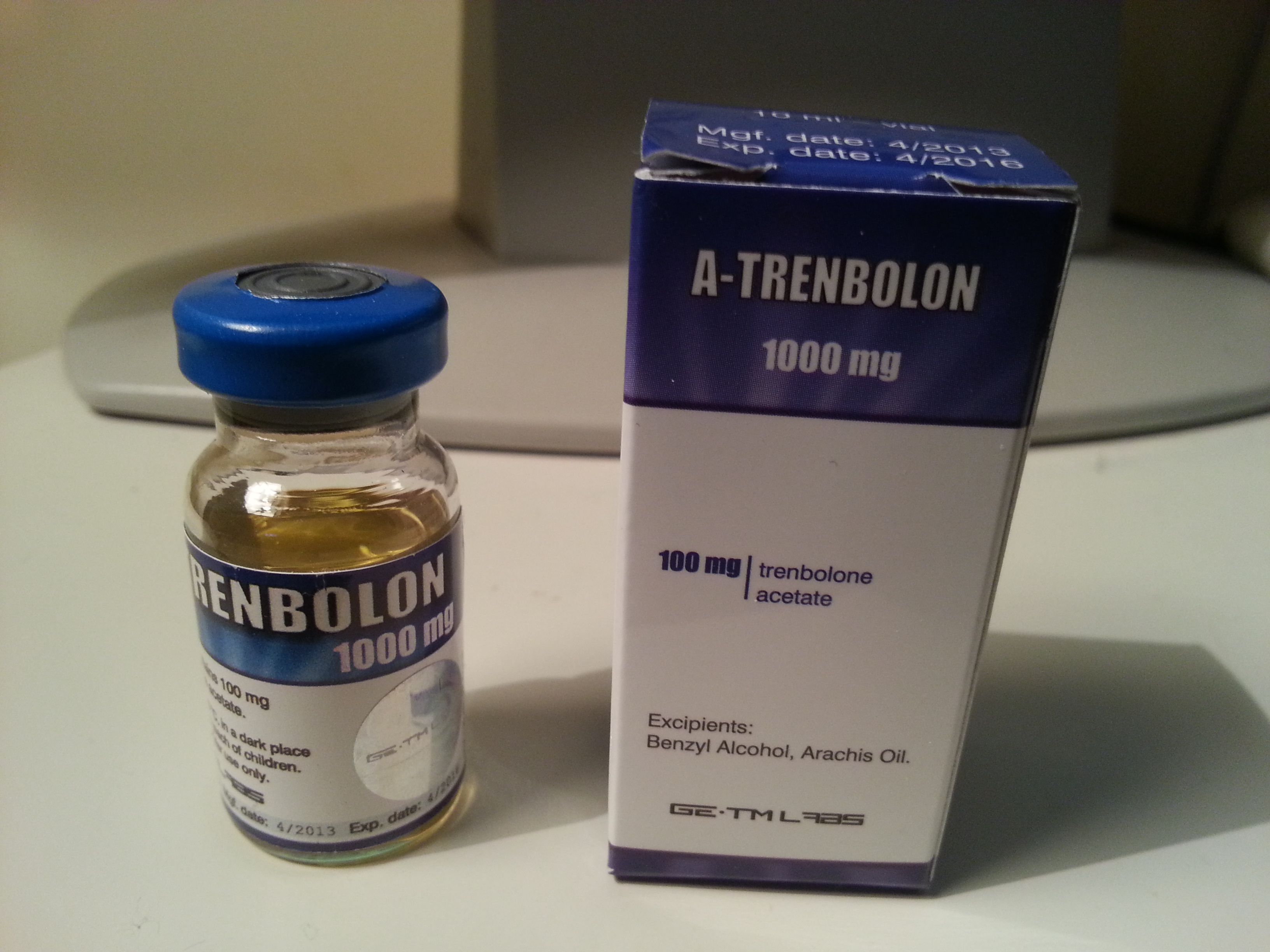Is it true that trenbolone doesn't increase prolcatin?
Based on the available evidence, it appears that trenbolone does not directly increase prolactin levels, contrary to common belief:
A study on sheep found that plasma prolactin was unaltered by trenbolone acetate treatment, either alone or in combination with estradiol
Human trials for anemia treatment showed that nandrolone (which is structurally similar to trenbolone) actually reduced prolactin levels compared to baseline, while testosterone slightly increased it
Research indicates that only aromatizable androgens (those that can convert to estrogen) seem to stimulate prolactin secretion. Trenbolone is not aromatizable, so it should not directly increase prolactin
The common belief that trenbolone increases prolactin may stem from the fact that it is often used alongside high doses of testosterone, which can aromatize to estrogen and potentially increase prolactin
Elevated prolactin levels observed during trenbolone cycles are likely due to the concurrent use of aromatizable testosterone rather than trenbolone itself
Some studies suggest that controlling estrogen levels through proper aromatase inhibitor use may be key to managing prolactin levels during steroid cycles
In conclusion, the evidence suggests that trenbolone itself does not increase prolactin levels. The perception that it does may be due to its common use alongside high doses of testosterone, which can increase estrogen and subsequently prolactin. Proper management of estrogen levels appears to be crucial for controlling prolactin during steroid cycles involving trenbolone.




